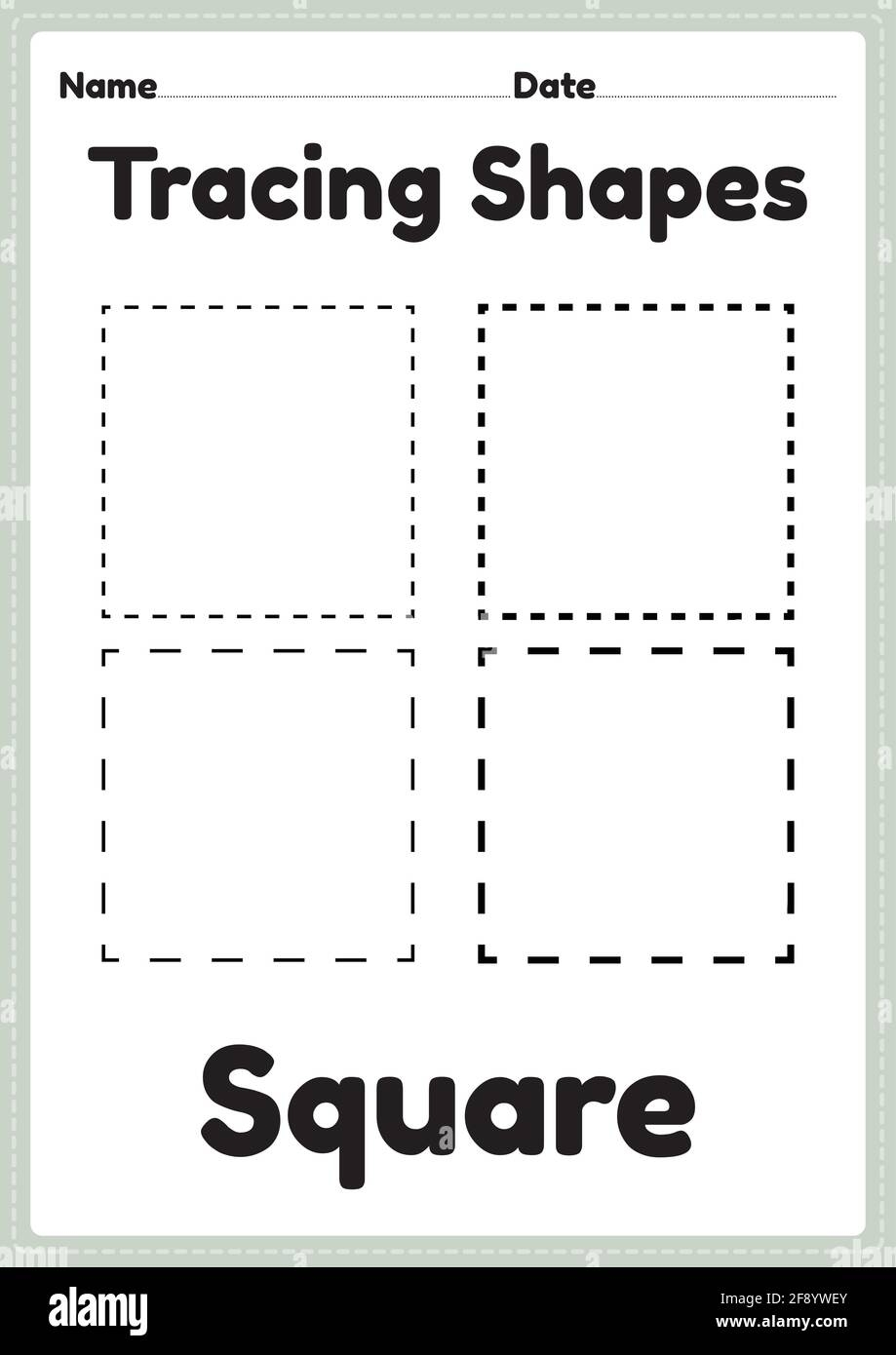Shape tracing practice is a great way for children to develop their fine motor skills and hand-eye coordination. By tracing different shapes, kids can improve their pencil grip and control, which are essential for writing and drawing. It also helps them recognize and distinguish between various shapes, laying a foundation for learning more complex concepts in the future.
Introducing shape tracing activities at an early age can benefit children in their overall cognitive development. It is a fun and engaging way to enhance their creativity and problem-solving skills while also improving their concentration and focus. With regular practice, kids can become more confident in their abilities and excel in other academic areas.
The Benefits of Shape Tracing Practice
One of the main benefits of shape tracing practice is the improvement of fine motor skills. As children trace different shapes, they are working on their hand muscles and coordination, which are crucial for activities like writing, cutting, and tying shoelaces. This practice helps them develop dexterity and precision in their movements, leading to better control over their hands.
Additionally, shape tracing can help children enhance their spatial awareness and visual perception. By tracing shapes accurately, kids learn to understand the relationship between different objects and how they fit together. This skill is important for tasks like puzzle-solving and geometry, as it requires the ability to visualize and manipulate shapes in various orientations.
Moreover, shape tracing practice can also boost children’s confidence and self-esteem. As they successfully trace different shapes and see their progress over time, kids feel a sense of accomplishment and pride in their abilities. This positive reinforcement encourages them to continue practicing and challenging themselves, leading to further growth and development.
In conclusion, shape tracing practice is a valuable activity for children that offers a range of benefits for their physical, cognitive, and emotional development. By incorporating shape tracing activities into their daily routine, parents and educators can support children in honing their fine motor skills, spatial awareness, and confidence. With patience and encouragement, kids can enjoy the process of learning and growing through shape tracing practice.
